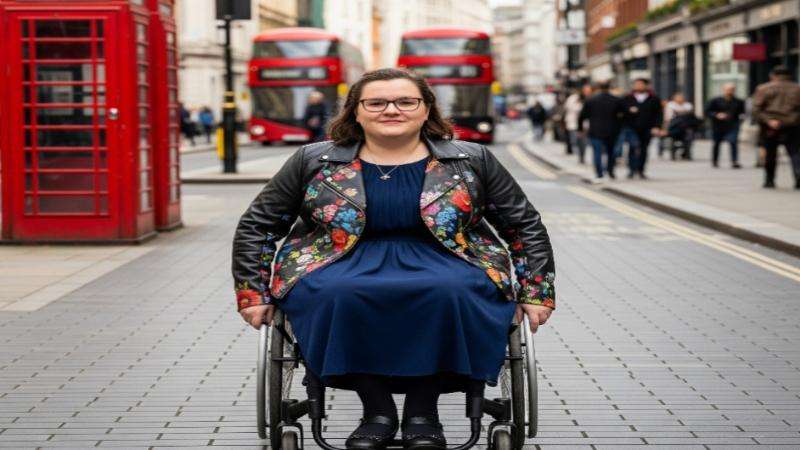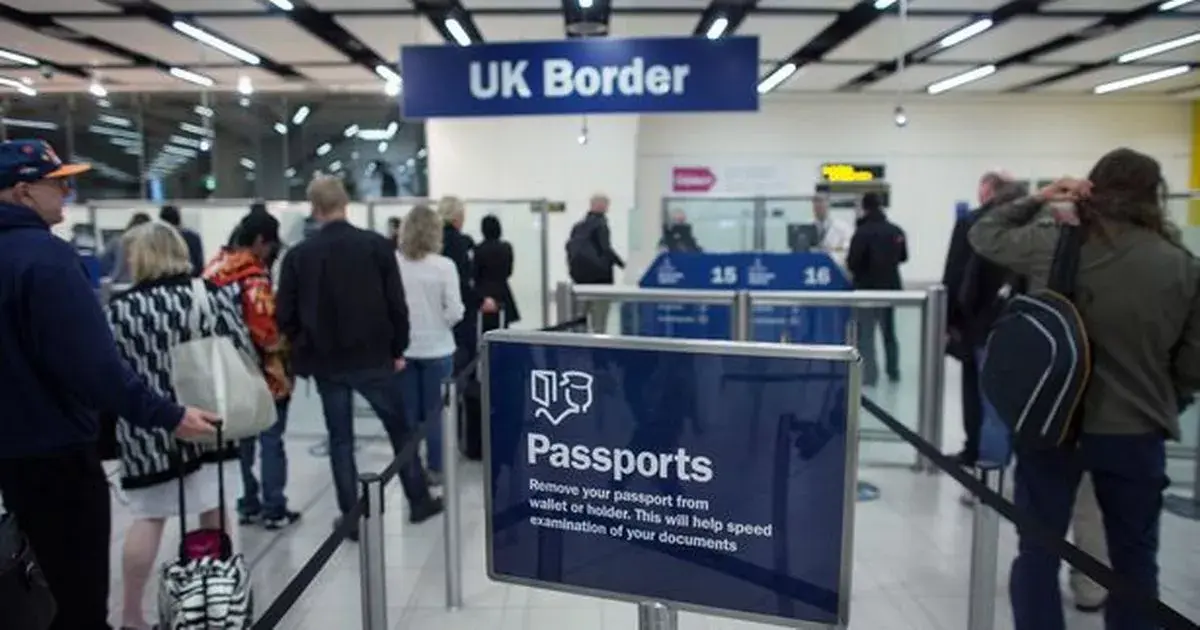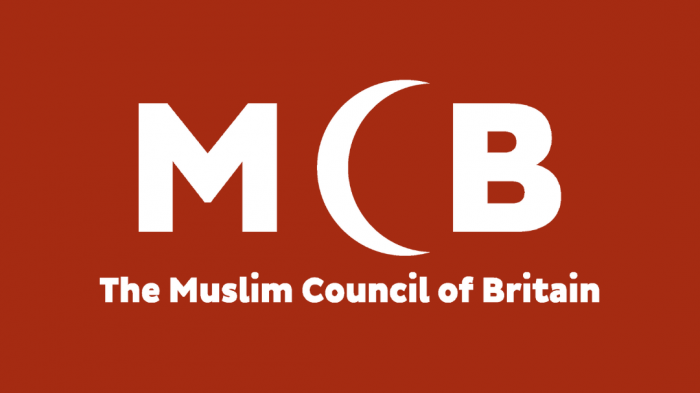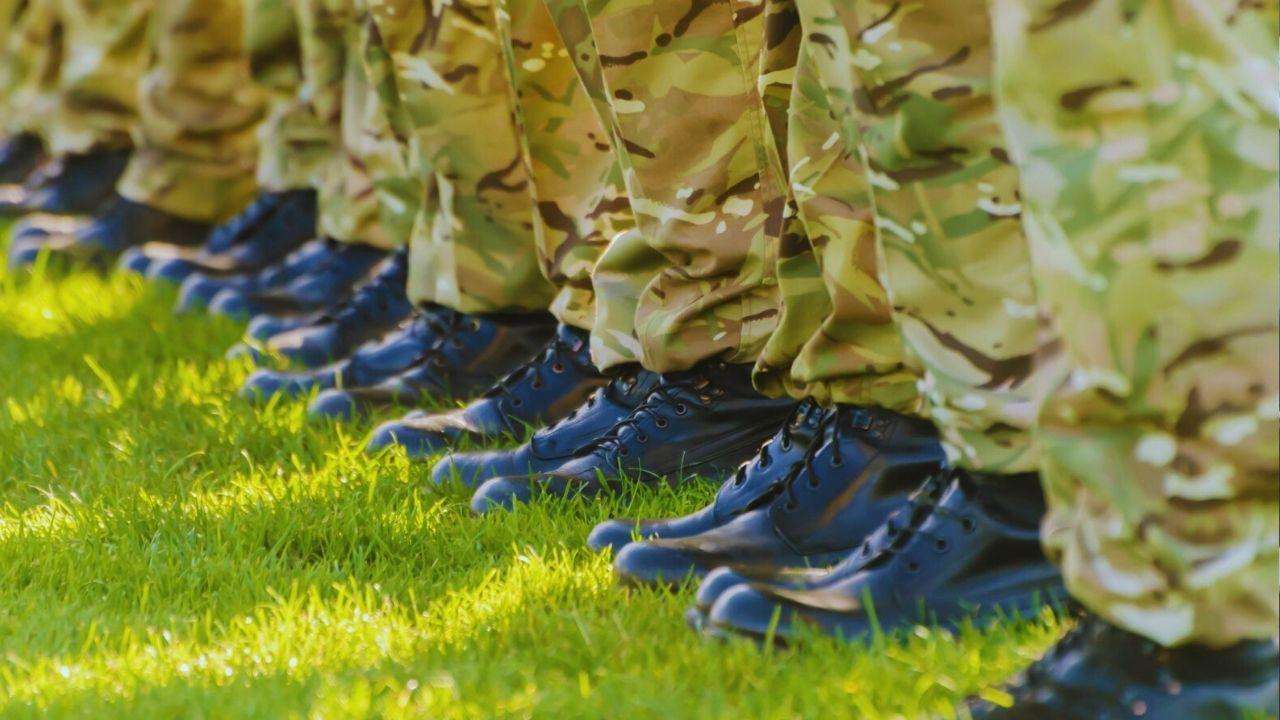Economists have warned that outdated migration data may be masking an even sharper decline in living standards than previously thought.
Updated figures from the Office for National Statistics (ONS) reveal that GDP per capita fell by 0.2% in the 12 months to September, a downward revision from an earlier estimate of no growth. This metric is often used to gauge changes in living standards.
However, these calculations are based on outdated migration numbers, suggesting the population may be larger than initially estimated. The ONS used a net migration figure of 677,300 for the year to mid-2023, based on October projections. Yet, it later revised this number to 906,000, indicating the earlier estimate likely underestimated the population size.
Similarly, projections for mid-2024 relied on a January estimate of 599,000 net migrants, whereas more recent data from the ONS puts the figure at 728,000.
Paul Dales of Capital Economics noted that once the updated migration data is factored into population estimates, GDP per capita is likely to show a steeper decline.
Mr Dales said the figure was likely to be further revised down from a fall of 0.2pc to 0.3pc.
He added: “We also know that GDP in the fourth quarter will probably be stagnant, if not maybe a chance of mild contraction, and the population probably increased. So you’re probably going to get another decline in GDP per capita in the fourth quarter too.”
Sir Keir Starmer has made improving people’s living standards one of his key milestones for this parliament, meaning any falls in GDP per head and real household disposable income (RDHI) per person are highly damaging to the Prime Minister.
Gregory Thwaites, of Resolution Foundation said: “Falling GDP per capita is extremely bad. It shows that the first half of this year was a blip. It fell in 2023 as well. That is really unprecedented.”
He added: “It is probably worse than it looks because they are using outdated migration figures. When they go back to do the revision, 2023 and 2024 will look worse. It just shows that the new Government has an even more mis-directed supertanker to turn around.”
Mr Dales said: “A step backwards is not what we’re looking for and not what the Government was hoping to achieve either. It’s certainly been a slow start for the new Government in its aim to hit its milestone of improving the living standards of the UK as a whole.”
The economy as a whole grew by 0.9pc in the year to September, according to revised figures from the Office for National Statistics, down from an earlier estimate of 1pc.
RDHI per person flatlined in the three months to September but is 3.4pc higher than a year ago, in a glimmer of hope for the Prime Minister and Rachel Reeves, the Chancellor.
However, Philip Shaw at Investec said RDHI growth had been fuelled by Jeremy Hunt’s National Insurance cuts and was likely to slow in the wake of Ms Reeves’ recent Budget.
He said: “Over the past year, it has risen pretty rapidly. Some of that will be due to tax cuts and a still pretty healthy increase in social benefits.
“Because tax cuts were an important part of the picture in boosting household incomes, that in itself won’t be repeated over the next few quarters, so you will get a slowdown there, absolutely.”
Stephen Millard at the National Institute of Economic and Social Research said the downbeat figures pointed to a longer-running problem unrelated to migration.
He said: “The big issue here is that productivity is so poor. Because we’re not achieving productivity growth, each additional worker is not able to produce more.
“As a result, GDP per head has not really grown in several years. It’s something that’s been happening for a long time, at least since the financial crisis.”








.svg)


